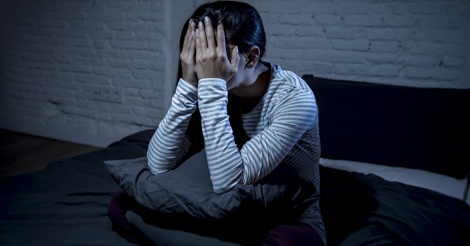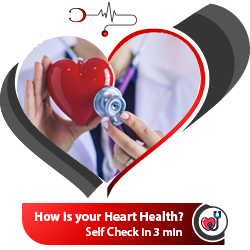How Insomnia Directly Impacts Your Sugar Levels!
The things we do or the food we eat in the day stimulates our brain. These might disturb normal sleep patterns and result in insomnia. Sleeping habits or sleep disorders can affect your health in various ways like:
- Impact on your weight
- Weaken your immunity
- Brain function
- Regulate blood sugar levels
Yes, you read it right.
If you don’t get enough sleep, it may cause a spike in your blood sugar levels.

What Is Insomnia?
Insomnia refers to difficulty falling asleep (onset) or staying asleep (maintenance). Some common insomnia symptoms are fatigue, low energy, mood swings, difficulty to concentrate, and decreased performance at work.
Insomnia causes include
- Hectic lifestyle
- Stress
- Medications
- Sleep disorders
- Caffeine, alcohol, tobacco consumption
What Happens To Blood Sugar Levels While You Sleep?
Blood sugar levels tend to spike while you’re sleeping, usually around 4 – 8 am if you have the regular sleeping schedule. In healthy individuals, insulin (a hormone that absorbs blood sugars and transfers to body cells) signals the liver, muscles, and fats to absorb excess sugar from the blood. This successfully maintains blood sugar levels and keeps you healthy.
For individuals who have diabetes, sugar levels surge high during sleep hours.
Insomnia And Diabetes
- Insomnia has shown to affect how your body responds to insulin. People who lack sleep are less sensitive to insulin and lead to diabetes.
- Other sleep disruptions and disorders like sleep apnea, continuous positive airway pressure (CPAP), and snoring also increase the odds of having diabetes.
- Individuals with rotational work shift and late sleepers are prone to high blood sugar levels.
What To Do?
Proper insomnia treatment and management of sleep disorders help to utilize insulin correctly and balance your blood sugar levels.
- Get at least 7-8 hour sleep at night.
- Stick to a regular sleep schedule.
- Meditation and relaxation techniques reduce stress-related insomnia.
- Exercise regularly.
- Avoid taking caffeinated drinks like tea, coffee, soda, energy drinks afternoon.
- Don’t eat heavy meals near bedtime.
- Don’t increase screen time before you sleep. These activities stimulate the brain and result in insomnia.






